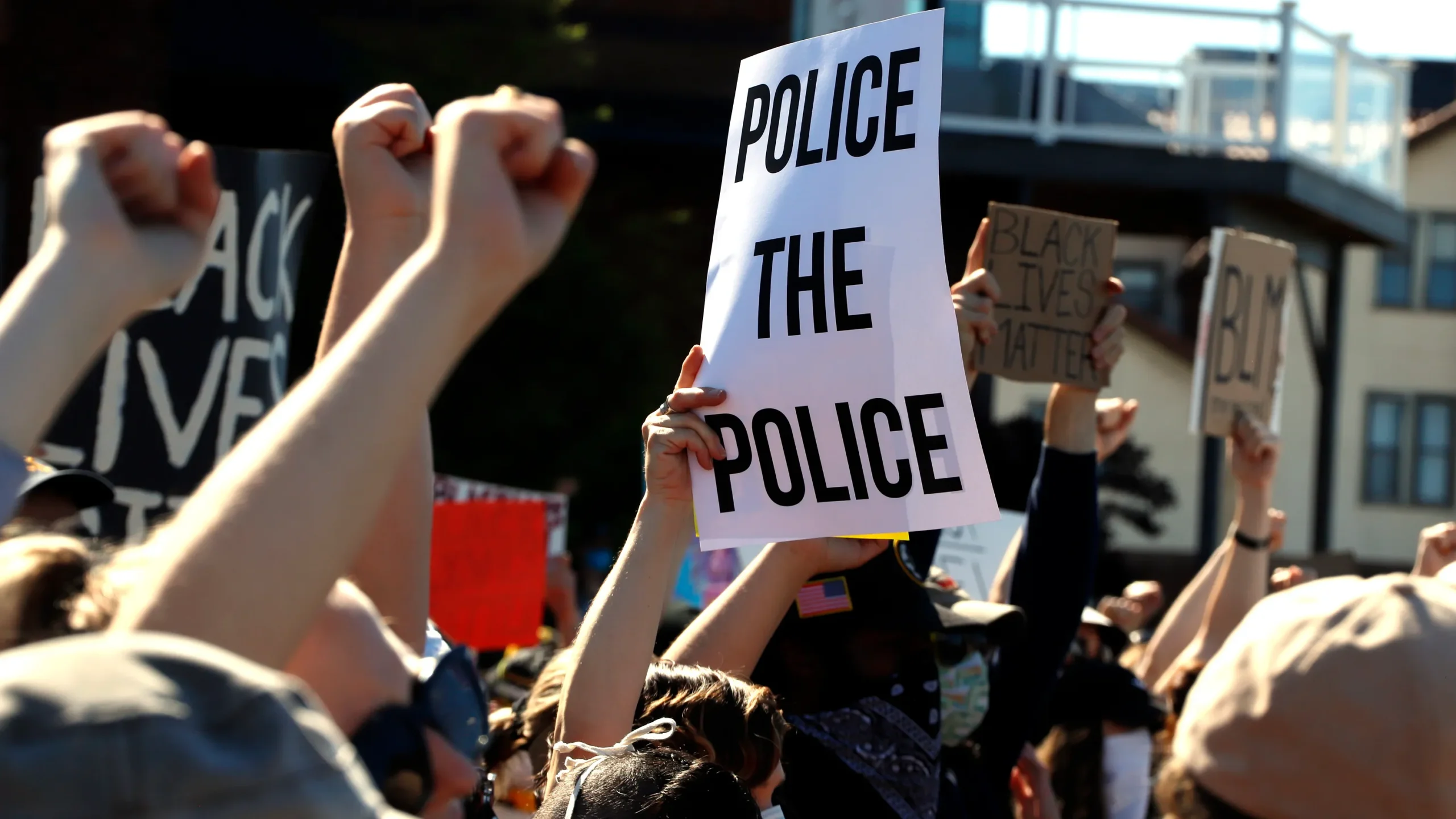In recent years, there has been a significant rise in far-right extremism around the world. From the United States to Europe to Australia, far-right groups have gained prominence and are increasingly influencing political discourse.
The rise of far-right extremism is a complex phenomenon that has been driven by a range of factors, including economic insecurity, social dislocation, and cultural anxiety. In many cases, far-right groups have capitalized on these factors to promote a message of exclusion and intolerance.
One of the key drivers of far-right extremism has been the global refugee crisis. The influx of refugees into Europe and other parts of the world has led to a rise in anti-immigrant sentiment, with far-right groups using this sentiment to promote their own political agenda.
Another factor contributing to the rise of far-right extremism is the growing divide between urban and rural populations. In many countries, rural areas have been left behind by economic growth, leading to a sense of alienation and resentment among these populations. Far-right groups have been able to capitalize on this sense of alienation to promote a message of anti-elitism and anti-establishment.
The rise of social media has also played a significant role in the growth of far-right extremism. Social media platforms have provided a platform for far-right groups to spread their message and connect with like-minded individuals. This has allowed these groups to organize and mobilize in ways that were not possible in the past.
The rise of far-right extremism is a growing threat to global stability. These groups promote a message of intolerance and exclusion, which can lead to violence and unrest. In some cases, far-right groups have been linked to acts of terrorism, including the recent attack on a mosque in Christchurch, New Zealand.
Governments around the world are grappling with how to respond to the rise of far-right extremism. Some have taken a hardline approach, cracking down on far-right groups and their activities. Others have focused on addressing the underlying factors that have contributed to the rise of far-right extremism, such as economic insecurity and social dislocation.
The fight against far-right extremism is a complex and ongoing challenge. It requires a multifaceted approach that addresses both the symptoms and the root causes of this growing threat.
Far-right extremism is often characterized by a belief in the superiority of one’s own race or culture, as well as a rejection of democratic norms and values. Far-right groups often promote a message of exclusion and intolerance, targeting minority groups such as immigrants, refugees, and religious minorities.
In many cases, far-right groups have been able to gain political power by exploiting the fears and anxieties of the general population. This has led to the election of far-right leaders in countries such as the United States, Brazil, and Hungary.
The rise of far-right extremism has also been fueled by a growing sense of nationalism and populism around the world. Many people feel that their country is under threat from outside forces, whether it be immigrants, globalization, or other factors. Far-right groups have been able to tap into this sense of nationalism and promote a message of “us versus them.”
One of the challenges in addressing the rise of far-right extremism is the fact that these groups often operate in the shadows, making it difficult for law enforcement to track their activities. Far-right groups have also become increasingly adept at using technology to spread their message and recruit new members.
Despite these challenges, there are a number of steps that can be taken to combat the rise of far-right extremism. These include strengthening democratic institutions, promoting economic growth and social inclusion, and investing in education and awareness-raising campaigns.
Ultimately, the fight against far-right extremism requires a sustained and coordinated effort from governments, civil society organizations, and individuals around the world. By working together, we can build a more inclusive and tolerant society that rejects the divisive and dangerous message of far-right groups.








